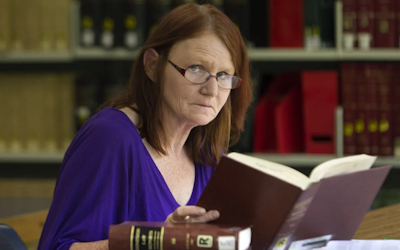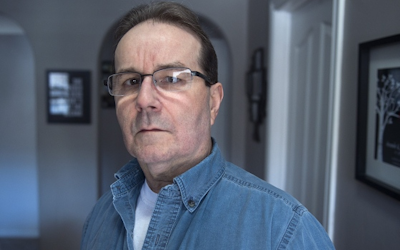Justice system actors who contribute to wrongful convictions are rarely held civilly or criminally liable for their actions, and most do not face professional consequences. Some wrongfully convicted persons can obtain a settlement by suing the government--meaning that in a sense, the state is held financially accountable--but settlement terms almost always state that the government does not admit responsibility.
Canadian federal and provincial governments are also reluctant to order Commissions of Inquiry (which do not assess criminal or civil fault, but can make findings with damaging reputational consequences). Canada’s last Commission of Inquiry into the individual and systemic causes of wrongful convictions was completed in 2008.
As a result, there is no effective mechanism to hold accountable most of those in positions of power and authority who are responsible for wrongful convictions (for instance: police officers, prosecutors, defence lawyers, expert witnesses, or trial judges). This environment of impunity has allowed--and, without reform, will continue to allow-- malicious and negligent actors to contribute to wrongful convictions unchecked.



